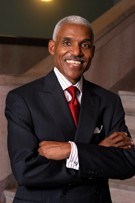One year after presenting a budget proposal that ended up being submitted to seemingly endless wrangling by the Shelby County Commission, County Mayor Lee Harris on Wednesday presented a budget proposal that almost certainly will be more gracefully received as the county’s legislative body prepares to begin its own deliberations.
Last year, facing a possible deficit, Harris proposed an increase in the county wheel tax that was not approved. His budget proposal for 2021-22, the third of his tenure, amounting to $1.4 billion in expenditures, contains no such proposed increase.
As Harris put it on Wednesday, April 21st, his proposal “contains no property tax increases, no cuts, gives a 1.5 percent pay raise to all our employees, and raises the minimum hourly wage for Shelby County government workers to $15.29 per hour.”
On Thursday, the Mayor’s office released a transcript that follows very closely the outlines of his remarks to the commission. It follows below. And, while his proposal seemed to be well received, the commission — both as individual members and as a body — will assuredly make an effort to put their own stamp on it before the beginning of the fiscal year in July.
As Commissioner Reginald Milton said, serving notice, “This is more of a clarity issue. And I think that’s important we do this. The agenda item here says ‘Discussion of the 2022 budget presentation.’ That is incorrect. It is the 2022 proposed budget presentation. And as a legislative body it is important that we realize our role. The mayor does not present a budget, he presents a proposal, and we, as an elected body, will look it over and we will add and subtract from it as we see necessary as well. … We are part of this process. No budget is approved without this body’s inclusion. That’s why we were elected — to ensure that each of our districts are represented in the budget and their concerns are heard. With that said, Mr. Mayor, I am extremely impressed with what you said.”
The mayor promised the commissioners a printed copy of the budget before the commission’s next scheduled public meeting on May 5th, and, in response to their requests on Wednesday, he said he would also prepare an electronic version to be put online.
Meanwhile, here is how the mayor explained his budget proposal:
I’m pleased to say that the $1.4 billion proposed budget contains no property tax increases, no cuts, gives a 1.5 percent pay raise to all our employees and raises the minimum hourly wage for Shelby County Government workers to $15.29 per hour.
Further, we have found a way to make strategic investments in education, public health, public safety and to make a substantial $19 million contribution to our rainy-day fund.
This budget follows a year like no other in our lifetimes.
We have all lived through one of the most difficult periods in Shelby County history. At the beginning of March 2020, there were virtually no confirmed cases of the novel coronavirus in the entire United States. Almost overnight, this infectious and deadly pathogen spread across the country and invaded our community.
This past year has brought pain to Shelby County. More than 92,000 residents contracted COVID-19. Our unemployment rate peaked at 14.8 percent in July 2020 before retreating to 6.8 percent as of February 2021. Thanks to federal CARES funding, and a lot of work, we are able to blunt some of the negative economic effects of the pandemic.
But, there is still pain throughout our community. Therefore, I don’t believe this is the time to raise taxes. Too many in our county are still on the road to recovery. What’s more, our property tax rate is already one of the highest in the state.
Even without a tax increase, we will invest in education.
The budget continues to build on the historic and unprecedented work we began when we came into office and devoted more than $8 million to early childhood education. This year, like last year, we have allotted $8.5 million to Pre-K and early Pre-K. Over the last three years of my time in office, we have allocated more than $25 million in new dollars to Pre-K education.
Because of that historic investment, every child, regardless of income, has access to Pre-K. This is important.
The academic research and education professionals tell us that a sound education in the earliest years of life is the foundation that each child needs to build a life of success. And if our children succeed, so will our community.
This budget includes the full $427 million for schools in addition to $30 million in school construction funding for this year.
When it comes to public health, this budget ensures that we can continue the COVID response throughout the rest of this year. Although some of the worst aspects of COVID may have receded, we expect we will have to continue the course for just a while longer.
We plan to continue to fund the COVID response unit until this virus is defeated. We will need to maintain the full complement of personnel and assets that form the backbone of the COVID response unit and this budget proposal does that.
Also, in our ongoing commitment to public safety, our current plan invests $32 million over six years in the Shelby County Fire Department. The investment allows the department to hire 41 firefighters and purchase a variety of safety equipment and new technologies. This massive investment in public safety means that the fire department will be in a position to reduce the emergency response time for underserved areas in Shelby County.
There are two new fire stations planned, one is near South Cordova and another in Southeast Shelby County. The construction and equipment costs of $10 million are included in this budget proposal.
This week’s budget presentation only begins the process.
The budget will be reviewed by the County Commission. The other elected officials might request more funding. There could be additions or subtractions.
But for now, we are focused on a road to recovery. This proposed budget is Shelby County’s roadmap to take us into our 203rd year.
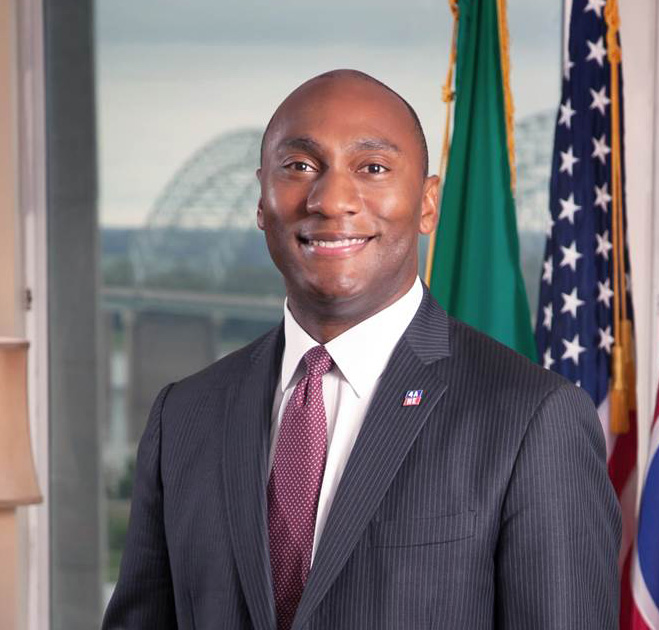
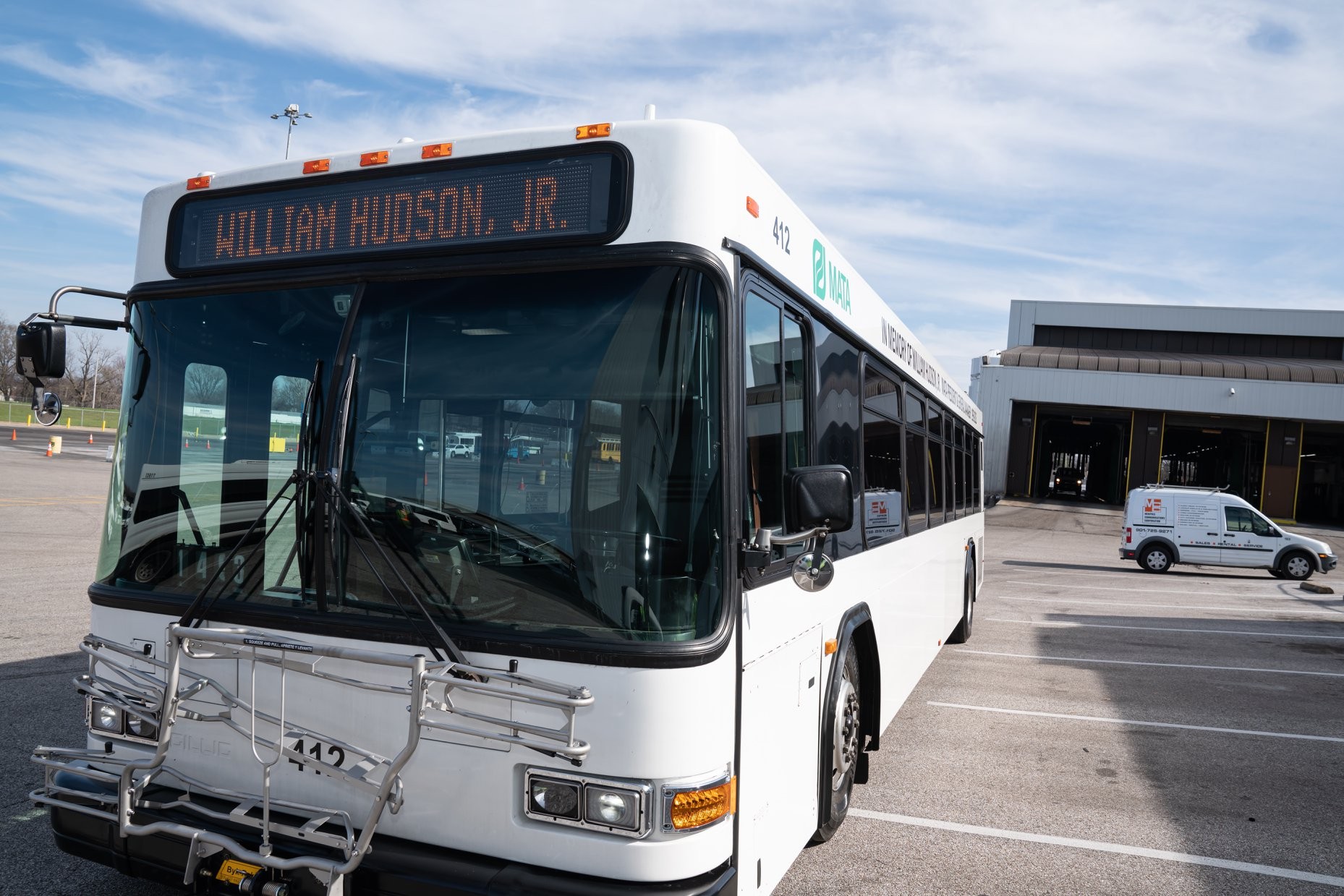 Facebook/MATA
Facebook/MATA 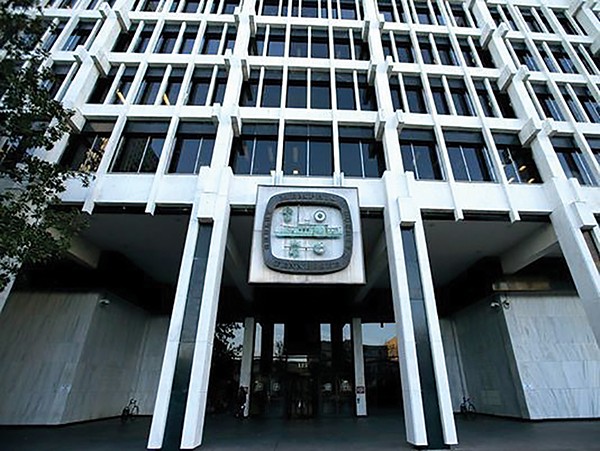

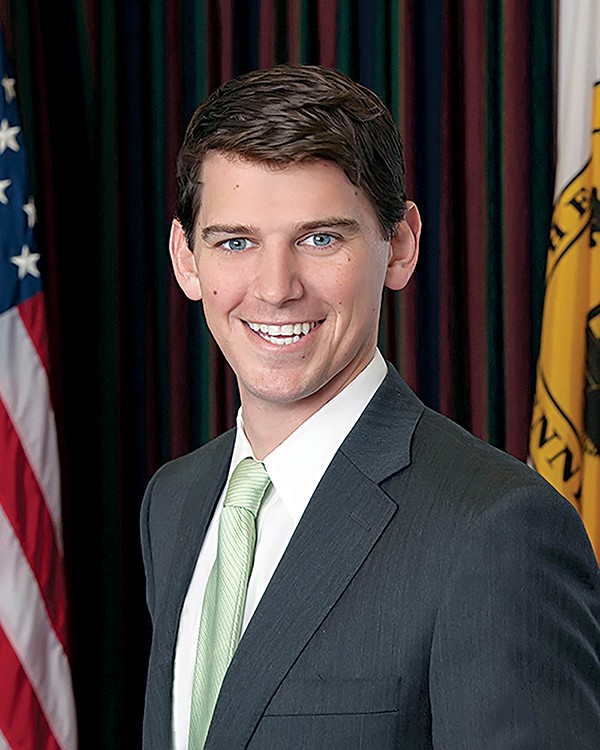

 MPA
MPA 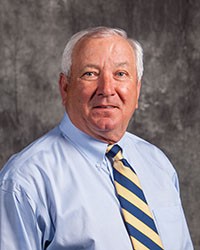 MFA
MFA 